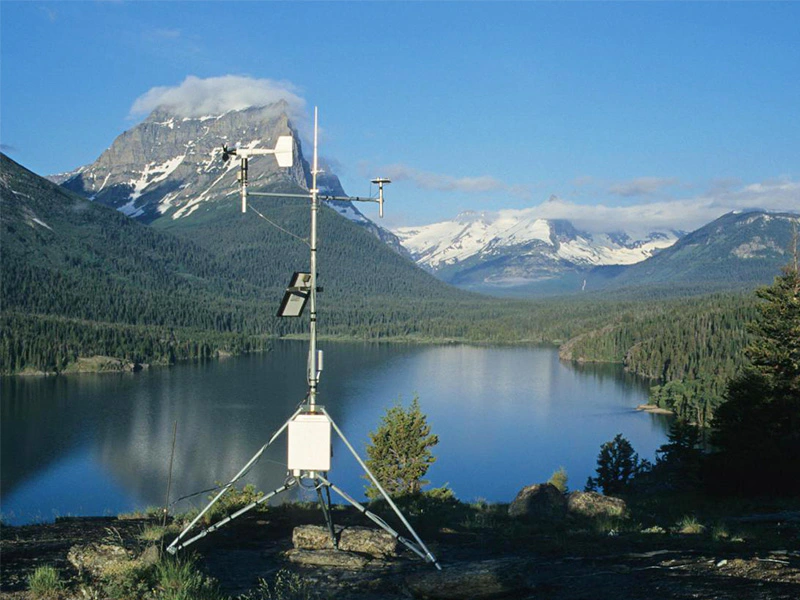
# What is a Weather Station?
A weather station is a facility equipped with instruments and sensors designed to measure and record various atmospheric conditions. These measurements help meteorologists, researchers, and even hobbyists understand and predict weather patterns.
## Components of a Weather Station
A typical weather station includes several key components:
– Thermometer: Measures air temperature
– Barometer: Records atmospheric pressure
– Hygrometer: Measures humidity levels
– Anemometer: Tracks wind speed
– Wind vane: Determines wind direction
– Rain gauge: Measures precipitation amounts
## Types of Weather Stations
Weather stations come in different forms to serve various purposes:
### Professional Weather Stations
These are sophisticated systems used by meteorological organizations and research institutions. They often include advanced sensors and are maintained to strict calibration standards.
### Personal Weather Stations
Designed for home use, these compact systems allow weather enthusiasts to monitor local conditions. Many connect to the internet to share data with weather networks.
### Automated Weather Stations (AWS)
These unmanned stations automatically collect and transmit data, often in remote locations where continuous monitoring is needed.
## How Weather Stations Work
Modern weather stations collect data through electronic sensors that convert physical measurements into digital signals. This data is then:
– Processed by a central unit
– Stored for analysis
– Often transmitted to weather networks or displayed locally
Some advanced stations can even predict short-term weather changes based on current trends.
## Importance of Weather Stations
Weather stations play a crucial role in:
– Weather forecasting
– Climate research
– Agriculture planning
– Aviation safety
– Disaster preparedness
By providing accurate, real-time data, weather stations help us make informed decisions about our daily activities and long-term planning.
## Choosing a Weather Station
When selecting a weather station, consider:
– Your specific needs (professional vs. personal use)
– The accuracy of sensors
– Data transmission capabilities
– Ease of installation and maintenance
– Budget constraints
Whether you’re a professional meteorologist or simply curious about your local weather patterns, a weather station can provide valuable insights into the atmospheric conditions around you.
Keyword: what is a weather station
Comments are closed